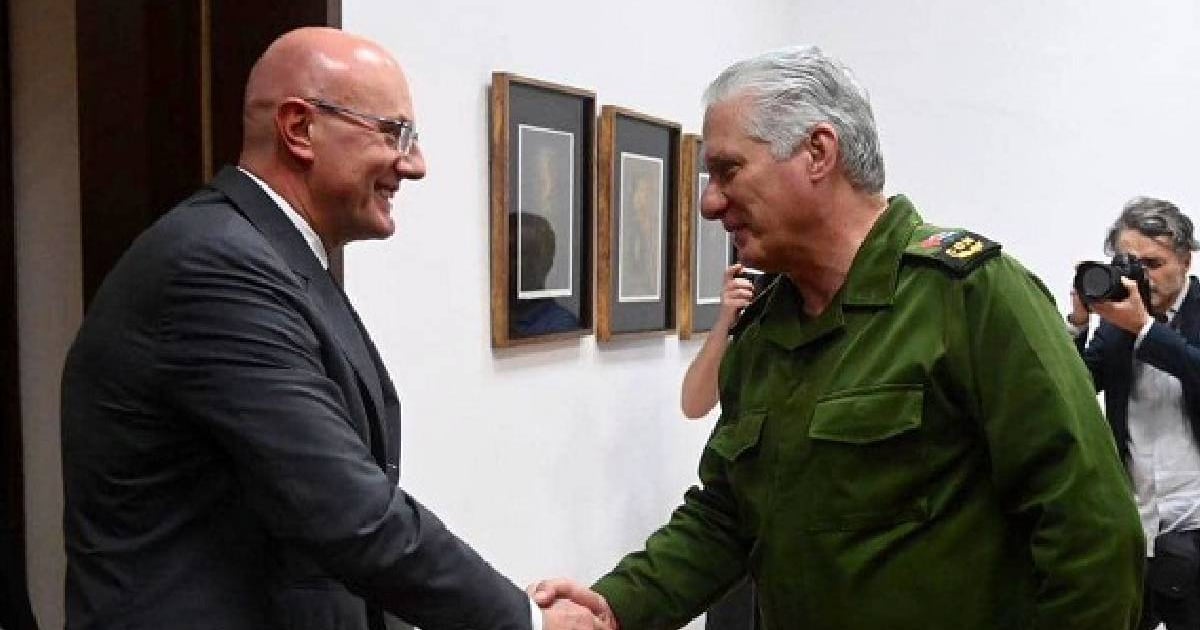Cuban leader Miguel Díaz-Canel met on Friday with Russia's Deputy Prime Minister Dmitri Chernichenko, who announced a $65 million loan to the island to address its severe energy crisis. Russia's financial support has been crucial amid Cuba's economic and energy challenges, with Moscow providing various aid mechanisms to Havana, including substantial loans and debt repayment facilities.
"We reviewed significant bilateral agreements that strengthen our strategic relations," Díaz-Canel stated on the social media platform X, as reported by Cubadebate. On the previous day, amidst the destruction caused by Hurricane Rafael and repeated massive blackouts affecting the country, the Russian official revealed that Moscow granted Cuba a credit exceeding $60 million. This funding is intended for fuel purchases to combat the energy crisis.
The shortage of hydrocarbons and the deterioration of the electrical infrastructure have become particularly severe in recent months, leading to frequent blackouts across nearly the entire nation. Additionally, a $2 million donation was provided to acquire parts and components essential for repairing the national electrical system, along with repair kits to help restore Soviet-era power plants still in operation on the island.
Strategic Russian Support in Latin America
These acts of support serve both to address Cuba's immediate needs and as a means for Russia to bolster its influence in the region. In an effort to alleviate Cuba's financial burden, Russia has also introduced measures to restructure the Cuban debt.
In March, Russian President Vladimir Putin approved changes to existing credit agreements between the two nations, covering loans extended from 2009 to 2019, primarily for hydrocarbon purchases. This aid package includes the option to make payments in rubles, postponement of the original payment schedule from 2023-2027 to 2028-2040, and adjustments in interest rates on overdue payments, offering significant relief to Cuba's economy, which is grappling with severe constraints due to trade limitations and the regime's poor governance.
The financial backing from Russia not only addresses Cuba's immediate needs but also carries political and strategic implications. Russia uses this assistance to solidify its presence in Latin America, maintaining strong ties with one of its historical allies in the region. Moreover, the possibility of settling the debt in rubles and extending payment deadlines reflects Russia's willingness to tailor its support to Cuba's economic needs, ensuring its influence in the region through a strengthened alliance.
